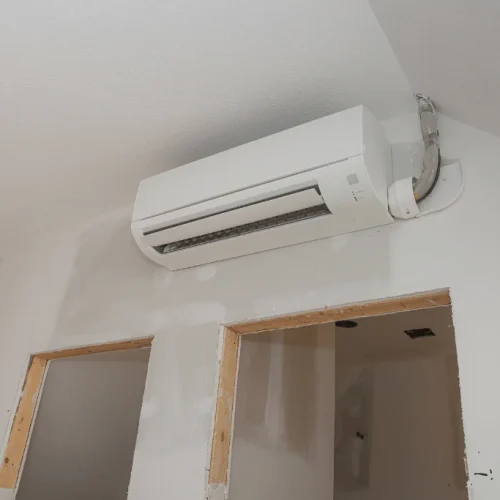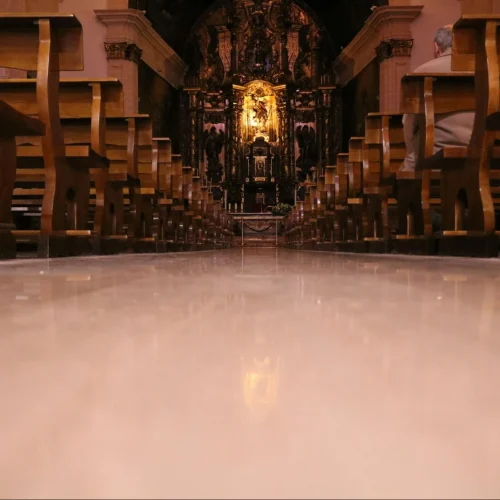
Moving into a new home is an exciting milestone. It’s a fresh start, full of possibilities, from decorating each room to settling into a new neighborhood. But alongside the excitement comes a reality many people underestimate: the number of expenses that pile up before, during, and after the move.
It’s not just the purchase price or rent you have to think about. There are costs for moving services, transportation, utility setup, furniture, and even small items like curtains, cleaning supplies, or kitchenware. Without planning, these expenses can add up quickly, putting a strain on your finances just when you should be enjoying your new space.
Preparing financially before you move is the best way to stay in control. By organizing your expenses and setting clear priorities, you can avoid surprise costs and feel confident about the transition. A great first step is creating a budget that accounts for every detail of the move.
Start with a Detailed Moving Budget
The moving process has many layers, some predictable, some unexpected. Having a budget from the very beginning gives you a roadmap for where your money will go and ensures you don’t commit to more than you can afford. A detailed budget should cover everything from moving company fees to deposits, repairs, and new household purchases.
One of the easiest ways to keep your finances organized is to use a budget planner to map out every cost. It makes it simple to track spending and adjust as needed before, during, and after your move. A tool like this allows you to categorize expenses, plan for recurring payments, and see exactly how each purchase fits into your overall financial picture. It also makes it easier to spot areas where you can save, which is especially helpful when unexpected costs arise.
When you know exactly how much you have to work with and where it’s going, you can make informed choices. It might mean delaying certain purchases, finding more affordable service providers, or reallocating funds to areas that matter most. Starting with a well-organized budget can be the difference between a smooth, stress-free move and one filled with financial headaches.
Account for Moving and Transportation Costs
Moving your belongings from one home to another can be a major expense. If you’re hiring professional movers, get quotes from at least three reputable companies to compare rates and services. Don’t forget to factor in tips for the movers and any additional charges for heavy or bulky items.
If you prefer to move yourself, you’ll still need to budget for truck rental, fuel, packing supplies, and possibly short-term storage. You can also find Big Tex trailers for sale if you want a more reliable option for hauling your belongings. For long-distance moves, travel expenses such as lodging, meals, and tolls can quickly add to the total cost. By identifying these expenses early, you can set aside enough funds and avoid last-minute financial stress.
Plan for Home Setup and Immediate Expenses
Once you arrive at your new home, there are several initial costs to prepare for. You might need furniture, appliances, or window coverings to make the space livable. Utility companies may charge connection fees for electricity, water, gas, and internet.
Don’t overlook smaller but necessary purchases like cleaning supplies, light bulbs, or kitchen basics. These items may seem inexpensive individually, but together they can make a noticeable dent in your budget. Setting aside a portion of your moving budget for these essentials ensures you can settle in comfortably without scrambling for extra funds.
Prepare for Repairs, Renovations, and Maintenance
Even if your new home is in great condition, there’s a good chance you’ll discover small repairs or updates you want to make right away. It could include repainting walls, fixing leaky faucets, replacing worn carpet, or updating light fixtures.
If you’re moving into an older property, you may also want to budget for more significant improvements, such as upgrading appliances or addressing safety concerns. Having a repair fund in place allows you to handle these updates without disrupting your overall financial plan. It also prevents you from dipping into savings that are meant for other long-term goals.
Factor in Ongoing Monthly Costs
Your new home will come with ongoing expenses, some of which may be higher than what you paid before. Mortgage or rent payments, property taxes, homeowners’ association fees, and insurance premiums should all be part of your monthly budget.
Utilities, internet service, and regular maintenance, like lawn care or pest control, are also recurring costs that need to be considered. Comparing these expenses to your previous housing costs can help you identify areas where you may need to adjust your spending. Planning for these recurring payments ahead of time ensures you won’t be caught off guard after moving in.
Build a Post-Move Emergency Fund
After the move, it’s wise to have an emergency fund set aside for unexpected situations. Appliances can break, plumbing issues can arise, or a sudden job change could affect your income. Without a financial cushion, these events can lead to debt or force you to postpone other priorities.
A good starting point is saving at least one to two months’ worth of essential living expenses. Keep this money in an easily accessible account so you can use it right away if something urgent happens. Knowing you have backup funds provides peace of mind as you adjust to your new home.
Review and Adjust Your Financial Plan
Once you’ve settled in, it’s important to revisit your budget. Some costs may have been higher than expected, while others might have been lower. By reviewing your spending, you can adjust future allocations and make better financial decisions moving forward.
Continuing to track your expenses for the first few months after the move will help you get used to your new cost of living. This habit also ensures you’re setting aside enough for maintenance, improvements, and future goals related to your home. Staying proactive about your finances will help you avoid falling into patterns of overspending.
Moving into a new home is more than just packing boxes and arranging furniture. It’s a financial transition that requires thoughtful preparation. By starting with a clear budget, accounting for all moving-related costs, and planning for both immediate and ongoing expenses, you can make the process smoother and less stressful.
Using tools can help you stay organized, anticipate costs, and make confident financial decisions throughout the move. With careful planning, you’ll not only settle into your new space with ease but also set yourself up for long-term financial stability in your new home.













